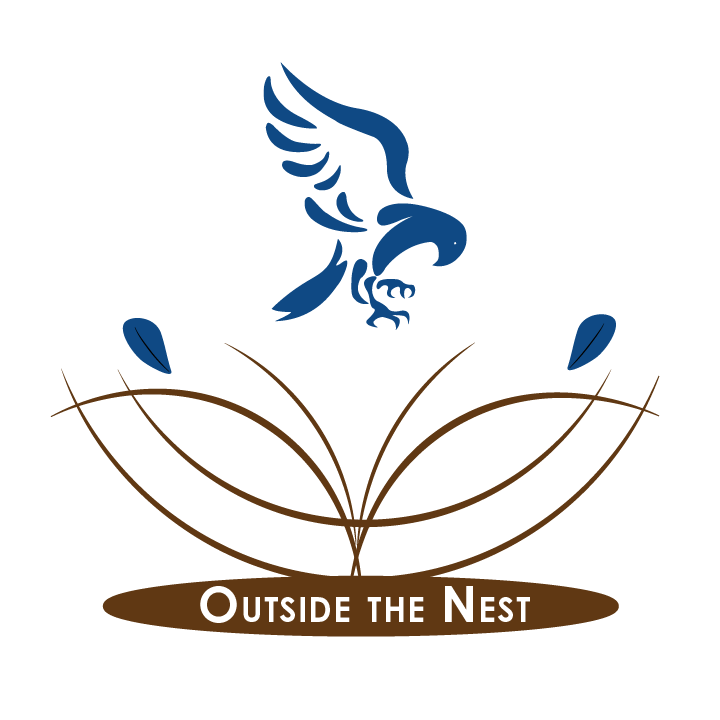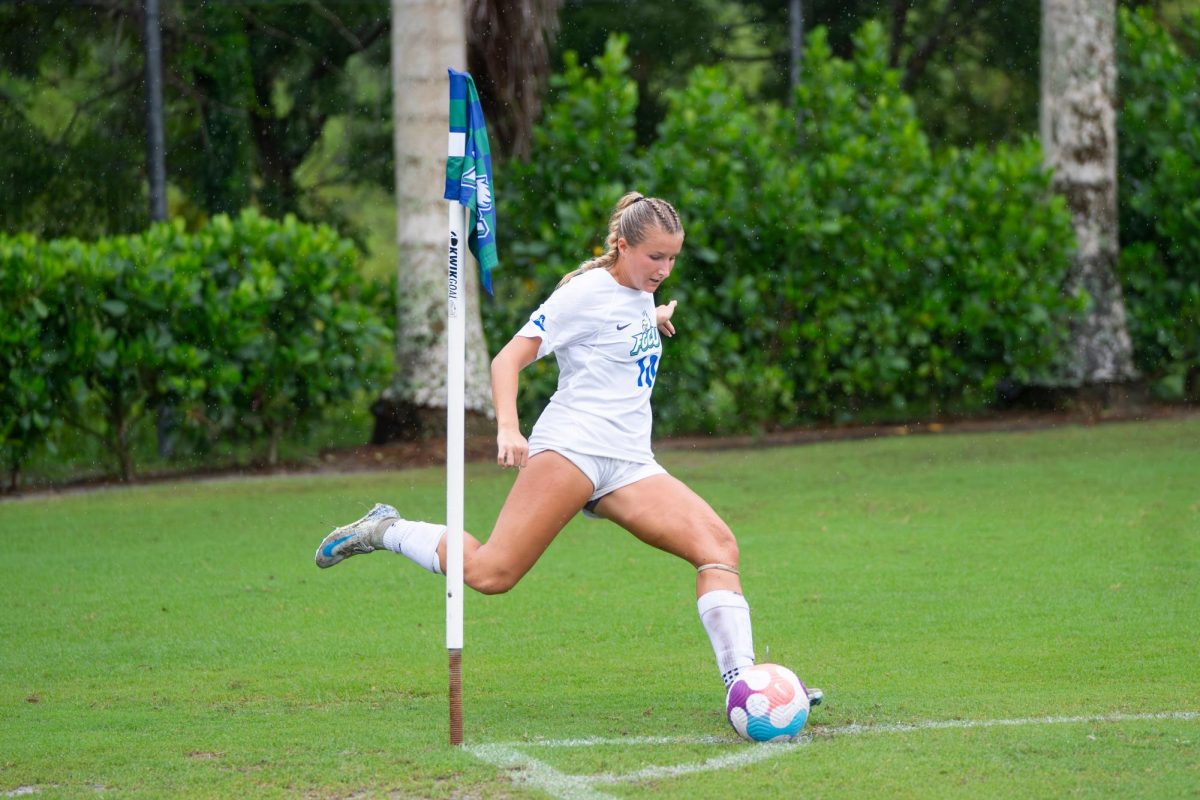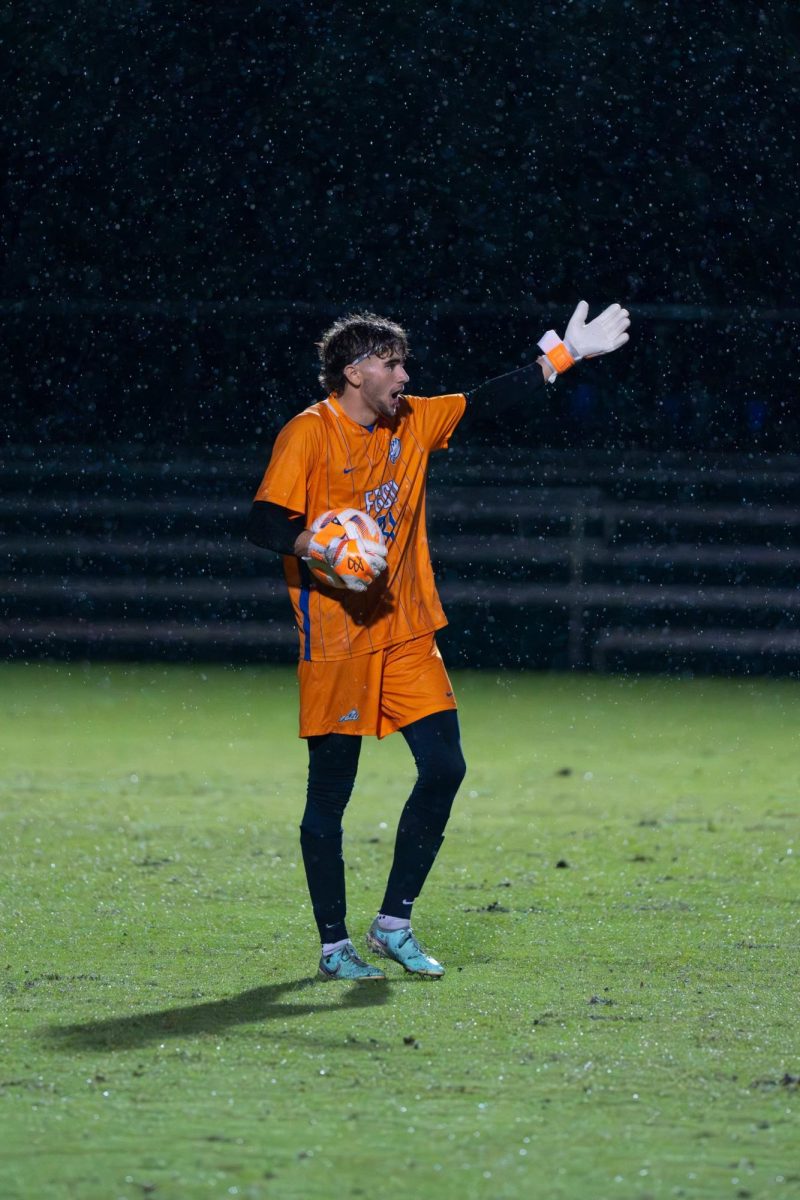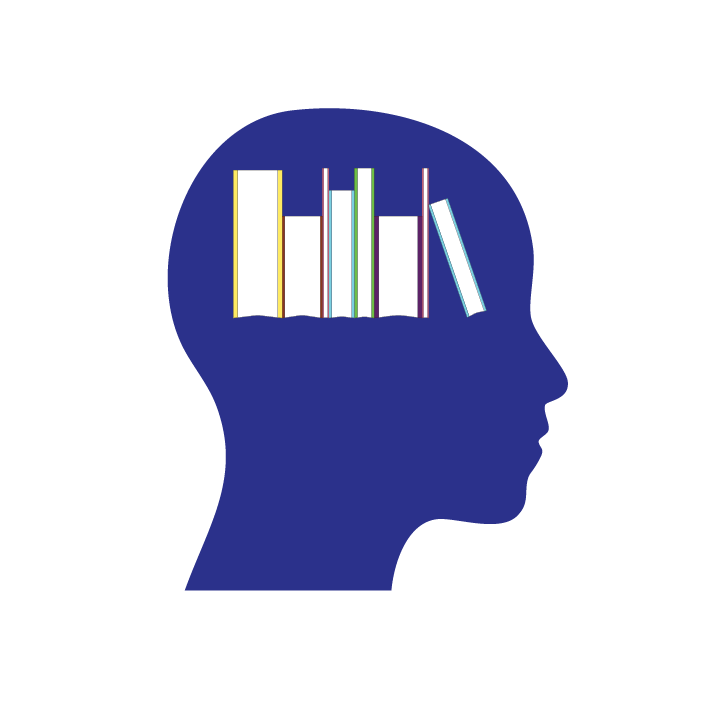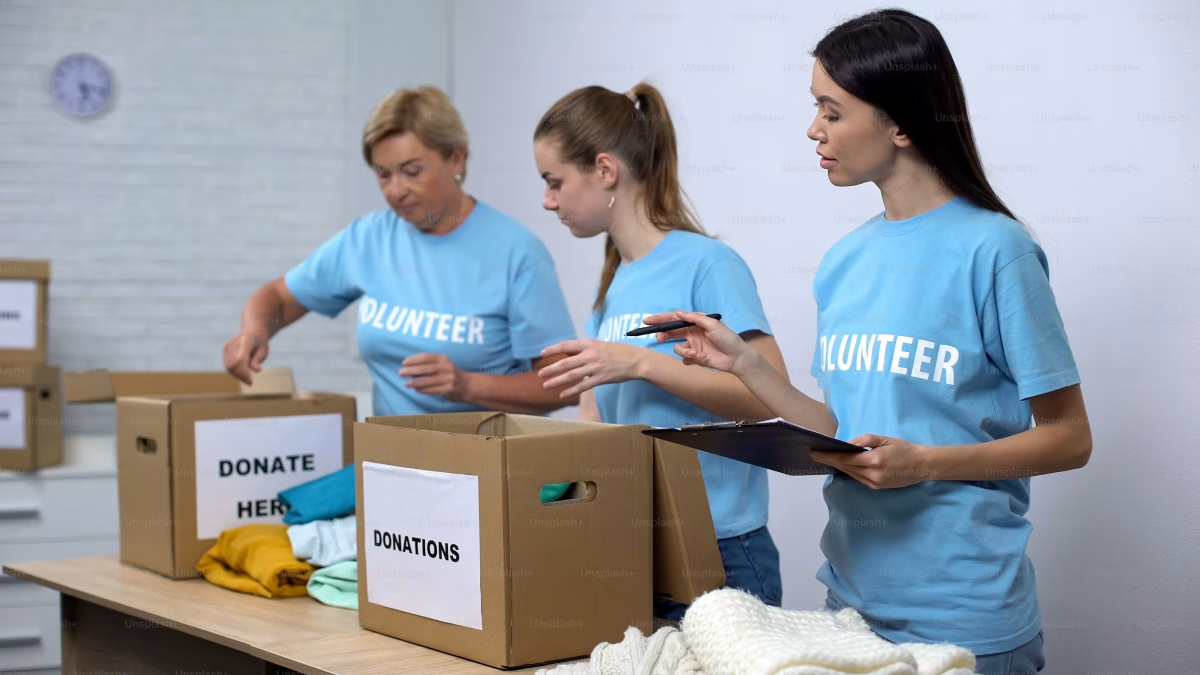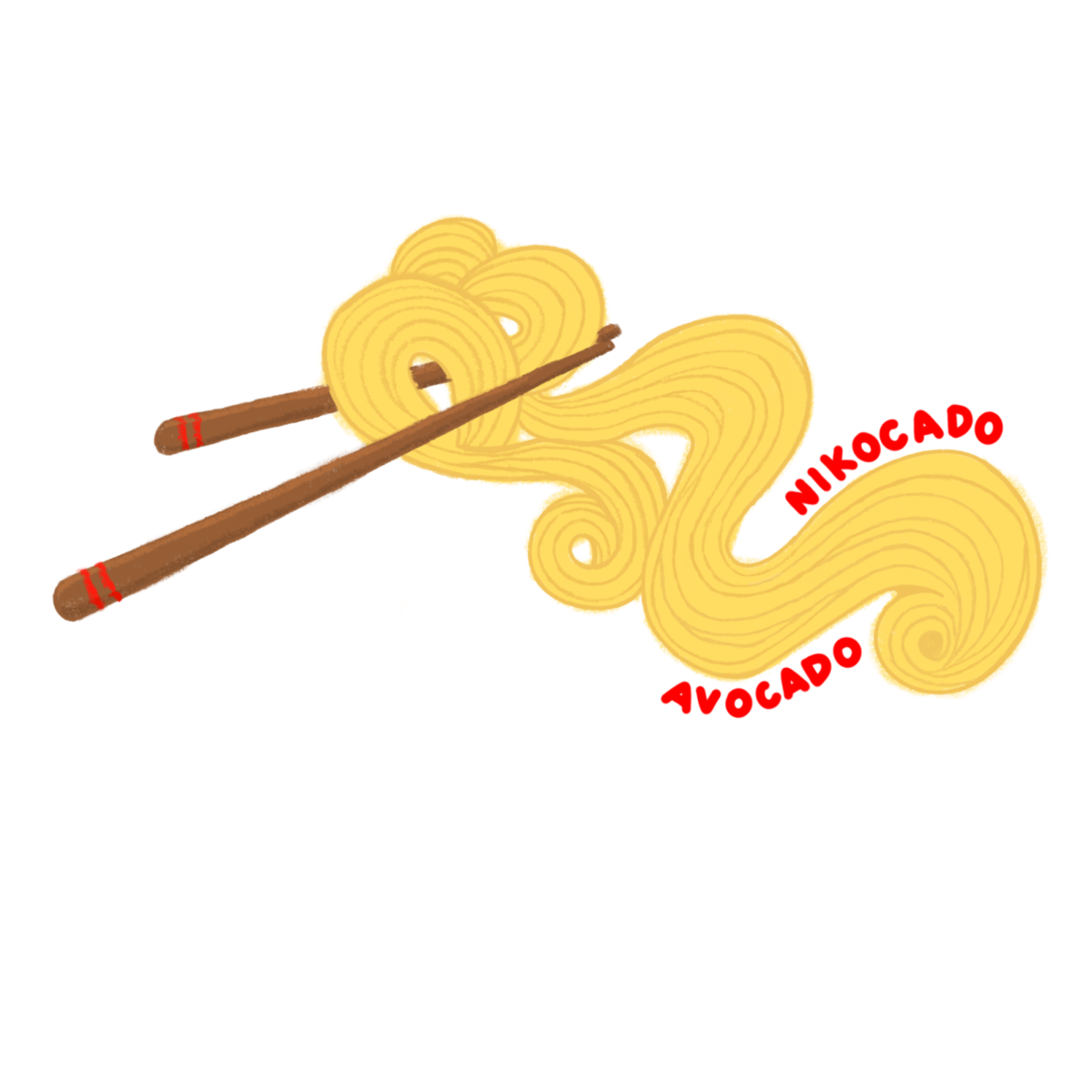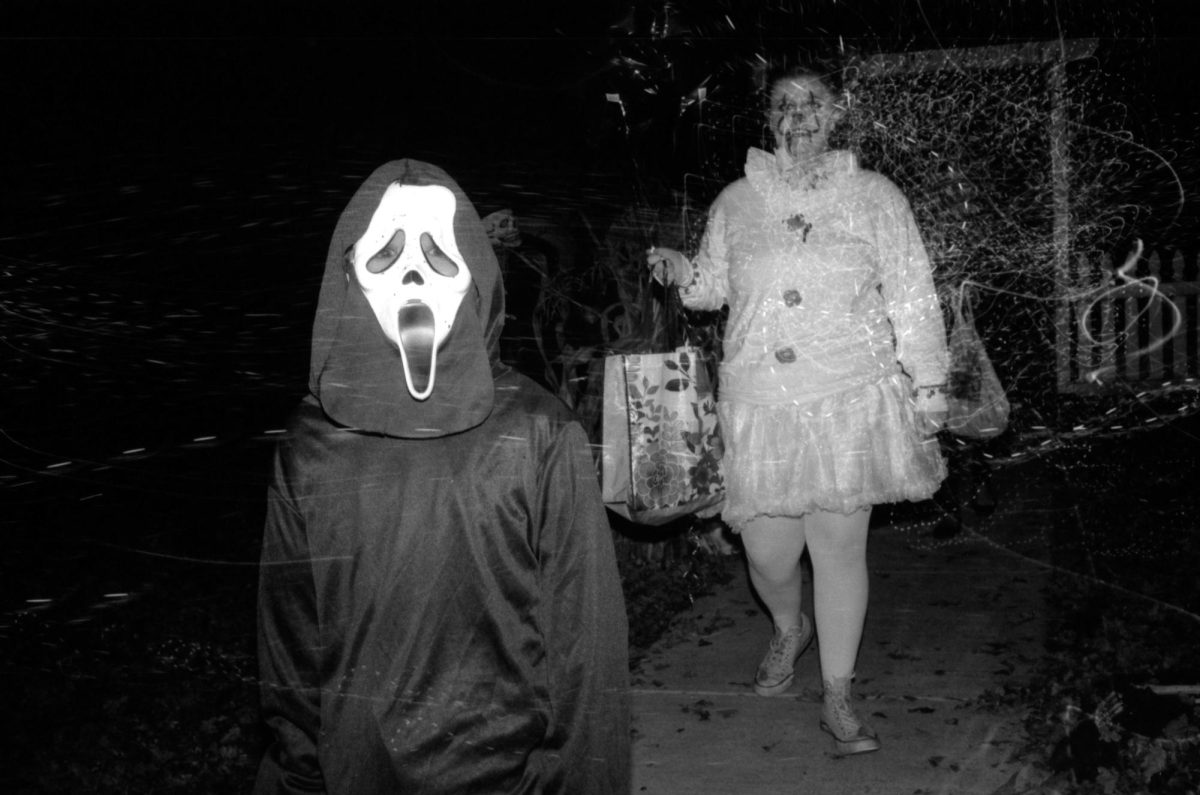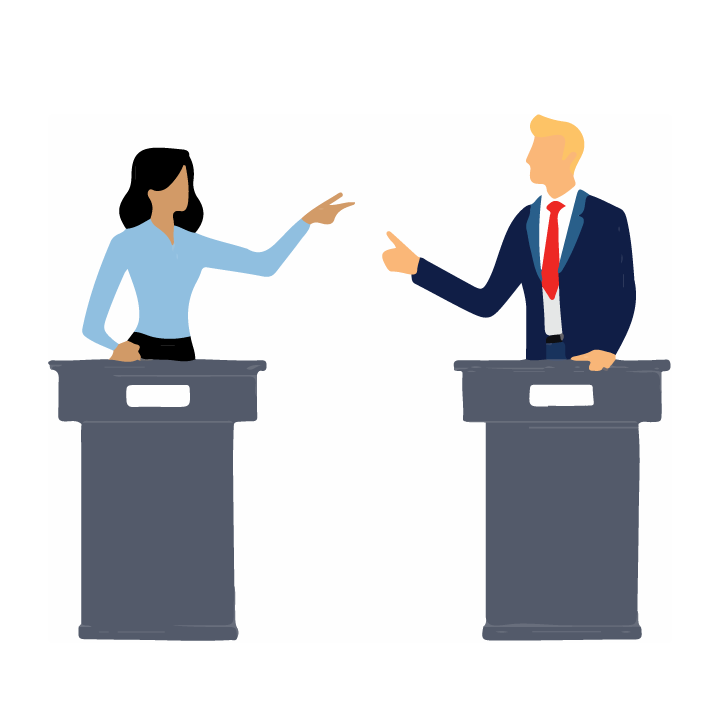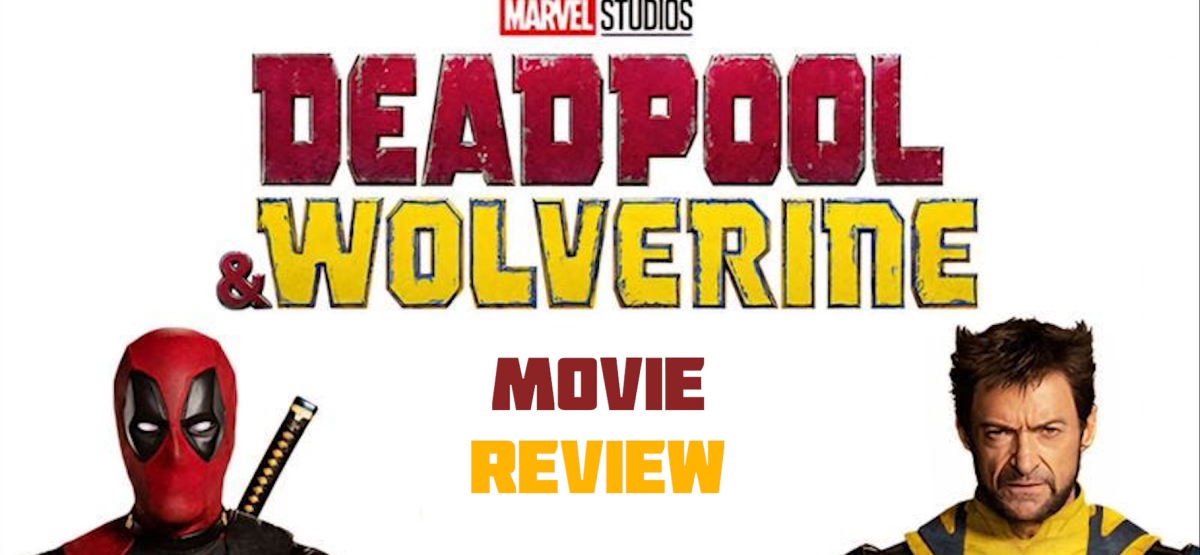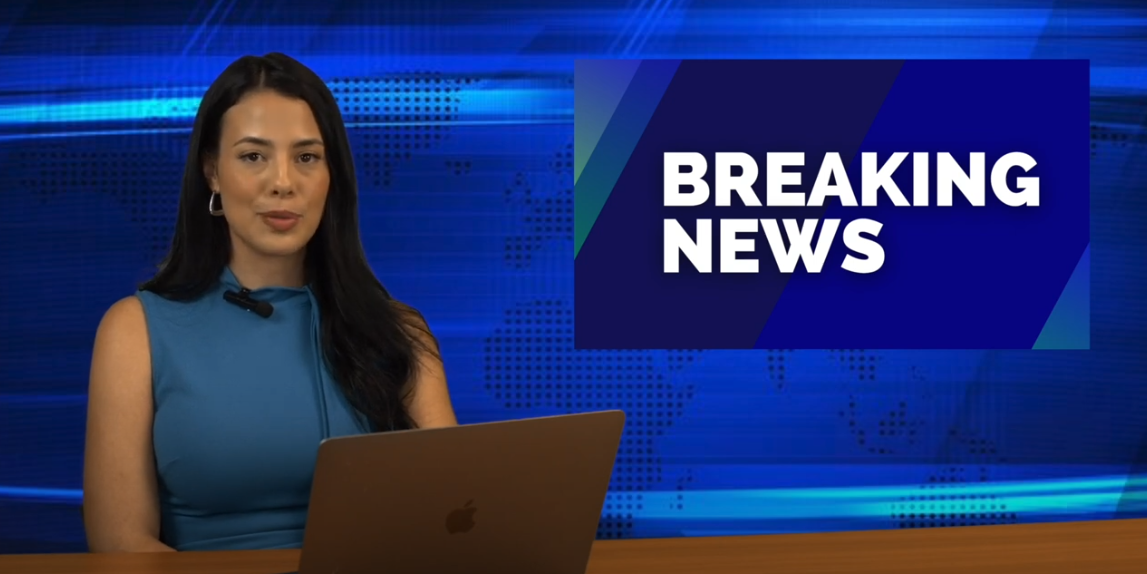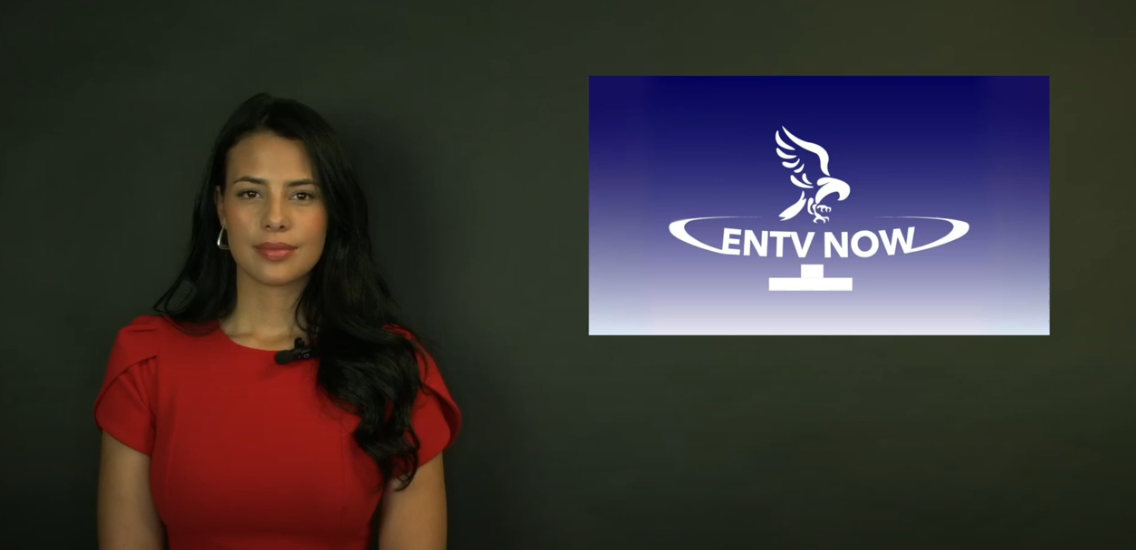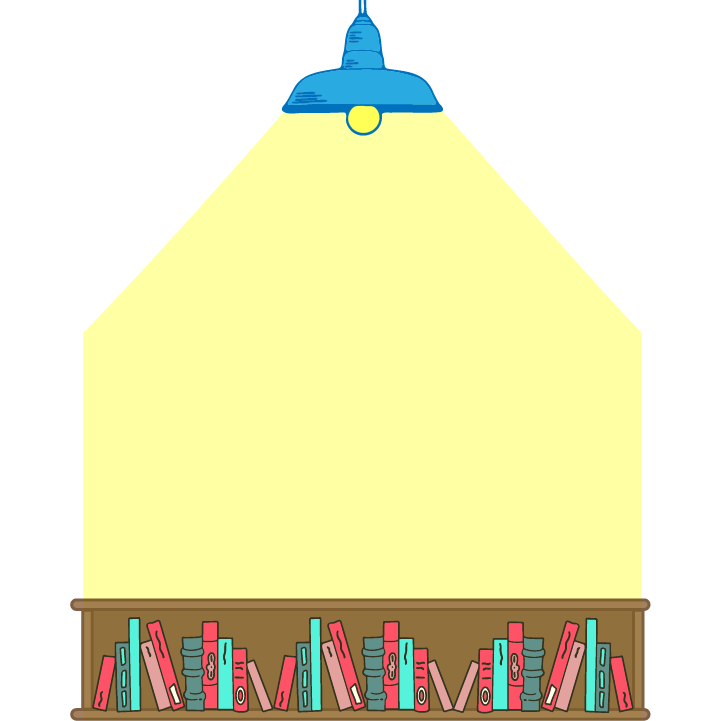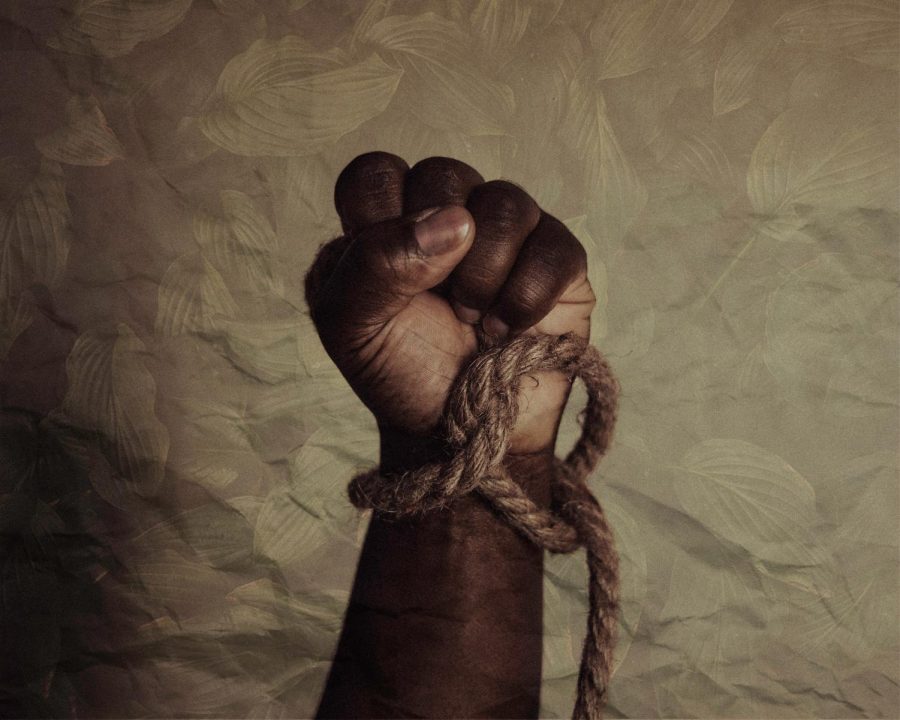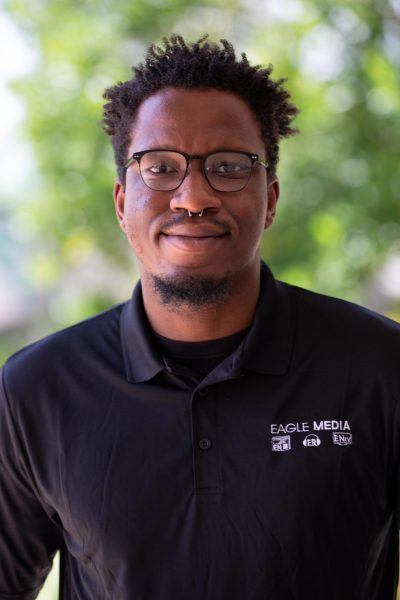It’s Juneteenth: Are We Really Free?
June 19, 2023
Juneteenth is a day of celebration and to remember how far we have come. It’s also a day to understand the progress we need to make. Since June 19, 1865, we have had black scientists, politicians, athletes, and Beyonce.
While the last slaves were emancipated on June 19, it’s hard to say that black people are free today.
Mass incarceration disproportionately affects black men. Black women are two times more likely to die during childbirth than white women. Black people get murdered on the street, but instead of being treated like humans, we become political discourse. It feels like every week a black man is murdered on video. Instead of mourning, people go online and argue about it as if we’re debating pineapple on pizza. Black Lives Matter was a desperate cry to be seen as human. It is now a controversial statement met with whataboutisms and retorts such as Blue Lives Matter.
During 2020, it seemed like the murder of George Floyd would bring about systemic change and bring forth a modern Juneteenth. Unfortunately, history will show that the mass demonstrations were merely a result of people being stuck at home.
The lasting memories of racial progress in 2020 will be #BLM on social media bios, politicians in Kente cloth, and the butchering of the definition of woke. While this country is not where it should be, it would be a disservice to ignore the almost 200 years of progress and hard work done by black people to make the United States a better place for everyone.
Immediately after the Civil War, black people were fighting for racial equality. Five years after Juneteenth, Hiram Revels became the first black man to be elected to the United States Senate. He was one of the building blocks for civil rights leaders such as Martin Luther King Jr., Malcolm X, Ida B. Wells, Thurgood Marshall and so many more. The Black Panthers formed during the tail end of the Civil Rights era. Their activism led to the Free Breakfast for Children program. This program is now standard across the United States.
I live a decent life because so many good people put in hard work before and after June 19, 1865. The problem we have now is that the work isn’t finished. It won’t be finished until the generational trauma of slavery is addressed. It won’t be done until queer black kids feel comfortable at home. Black people will not be free until the prison industrial complex is dismantled.
As a student in Florida, I’m not sure if I can learn about Juneteenth. We might have to go to speakeasies to learn about controversial figures such as Martin Luther King, Nelson Mandela, and Rosa Parks. Juneteenth is a reminder of the complicated history this country holds. The same country that enslaved everyone who looks like me is the country that freed everyone who looks like me.
I’m going to spend my Juneteenth working one of the two jobs that I’m underpaid for. I’m going to do it with a smile on my face. I’m going to do it because my ancestors dreamed of their descendants being able to strive for upward mobility. I’m going to reminisce about the things I thought were impossible. I’m going to remember being a freshman in High School the night Barack Obama was elected as the 44th President of the United States.
I’ll remember going to sleep while the votes were being counted because, at 14 years old, I never thought this country would elect a black president. I’ll also remember the shock and joy I felt in my soul when I woke up and was proven wrong. I’ll remember being 18 years old and watching this country debate whether Trayvon Martin deserved to be murdered or not. Martin would be 28 years old today. He never got to graduate high school like I did. He did not get to see Juneteenth become a federal holiday. This Juneteenth, I’m going to have multiple emotions. Some of the emotions will be positive, some will be negative. All I know is that Juneteenth is a reason to celebrate my blackness.
I’ll blast “Lift Every Voice and Sing” in the morning while hoping no one hears me sing. I’ll play some Konpa music to celebrate my Haitian ancestors who were emancipated in 1804. I’m also going to read a Juneteenth tweet from some politician that will anger me for 18 minutes. I’m going to think about how I can make the world a better place. I want to give my ancestors fewer moments like the trial of Trayvon Martin and more moments like the election of Barack Obama.



